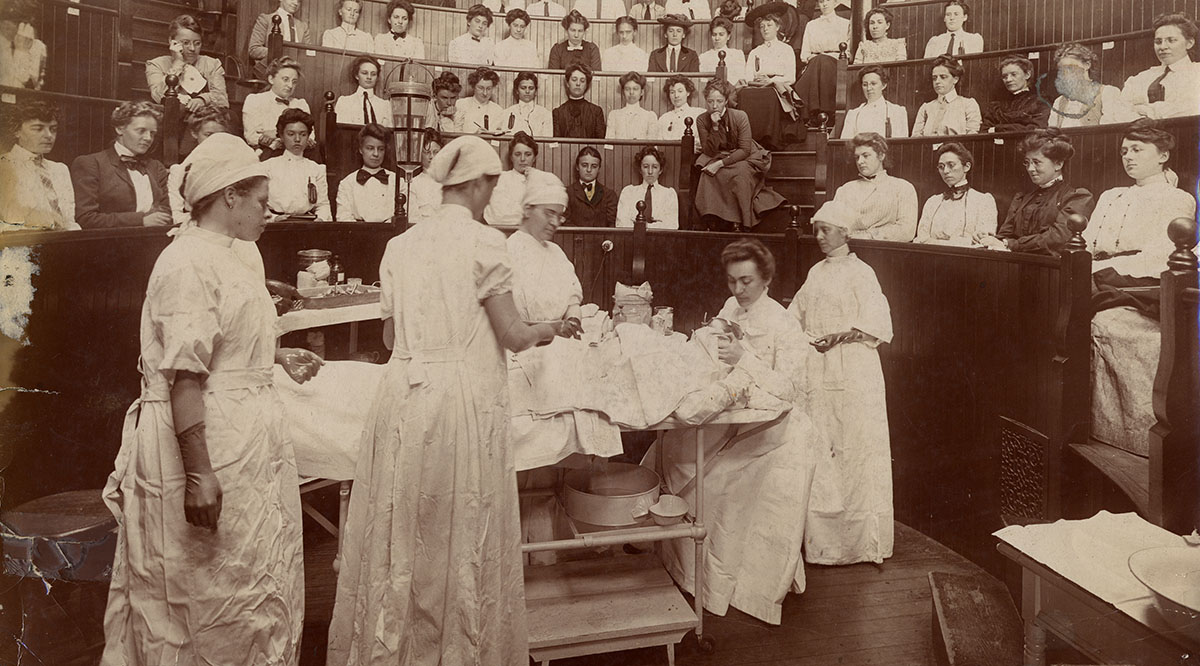
FAQ About Women in the History of Medicine
Women in the History of Medicine
2 years ago | gizem
What contributions have women made to the field of global health?
Women have made significant and diverse contributions to the field of global health, playing pivotal roles in research, healthcare delivery, policy development, advocacy, and humanitarian efforts worldwide. Their contributions have addressed a wide range of health issues and have had a profound impact on global health outcomes. Here are some of the key contributions made by women in the field of global health:
- Leadership in Global Health Organizations: Women have held leadership positions in global health organizations such as the World Health Organization (WHO), UNICEF, and the Gates Foundation. They have shaped policies, strategies, and initiatives to improve health outcomes worldwide.
- Infectious Disease Research and Control: Women researchers have played vital roles in the study and control of infectious diseases, including HIV/AIDS, tuberculosis, malaria, and Ebola. Their work has led to better prevention, treatment, and control strategies.
- Maternal and Child Health: Women have been at the forefront of efforts to improve maternal and child health globally. They have advocated for safe childbirth practices, access to family planning, and vaccination campaigns to reduce child mortality.
- Nutrition and Food Security: Women have worked to address malnutrition and food insecurity, promoting nutrition-sensitive agriculture, breastfeeding, and programs to combat hunger and undernutrition.
- Access to Healthcare: Women have championed efforts to improve access to healthcare, especially in underserved and marginalized communities. They have worked to reduce healthcare disparities and expand healthcare services for vulnerable populations.
- Health Education and Community Engagement: Women have been instrumental in health education and community engagement efforts, disseminating important health information and empowering communities to take charge of their health.
- Mental Health Advocacy: Women have played key roles in advocating for mental health awareness and services, reducing stigma, and promoting mental well-being globally.
- Global Health Diplomacy: Women diplomats and policymakers have engaged in global health diplomacy, forging international partnerships and agreements to address global health challenges, including pandemics.
- Humanitarian Aid and Disaster Relief: Women humanitarian workers have provided critical aid and relief in response to emergencies, including natural disasters and conflicts, ensuring access to healthcare, clean water, and sanitation.
- Research on Non-Communicable Diseases: Women researchers have contributed to the study of non-communicable diseases (NCDs) such as cancer, diabetes, and cardiovascular diseases, leading to improved prevention and treatment strategies.
- Gender Equity in Health: Women have advocated for gender equity in health, addressing the unique health needs of women and girls, including sexual and reproductive health, and advocating for gender-sensitive health policies.
- Advocacy for Vulnerable Populations: Women have been vocal advocates for the health and rights of vulnerable populations, including refugees, internally displaced persons, and migrants, often advocating for culturally competent and inclusive healthcare services.
- Global Health Education: Women educators have contributed to the development of global health curricula and training programs, preparing the next generation of healthcare professionals and researchers to address global health challenges.
